“I think most people are underestimating how bad the risks could be”: Anthropic CEO Dario Amodei lays out his vision of powerful AI — and explains why he sounds a tad pessimistic
Acknowledging both the benefits and dangers of AI will be key to future development of the technology, Anthropic CEO Dario Amodei believes

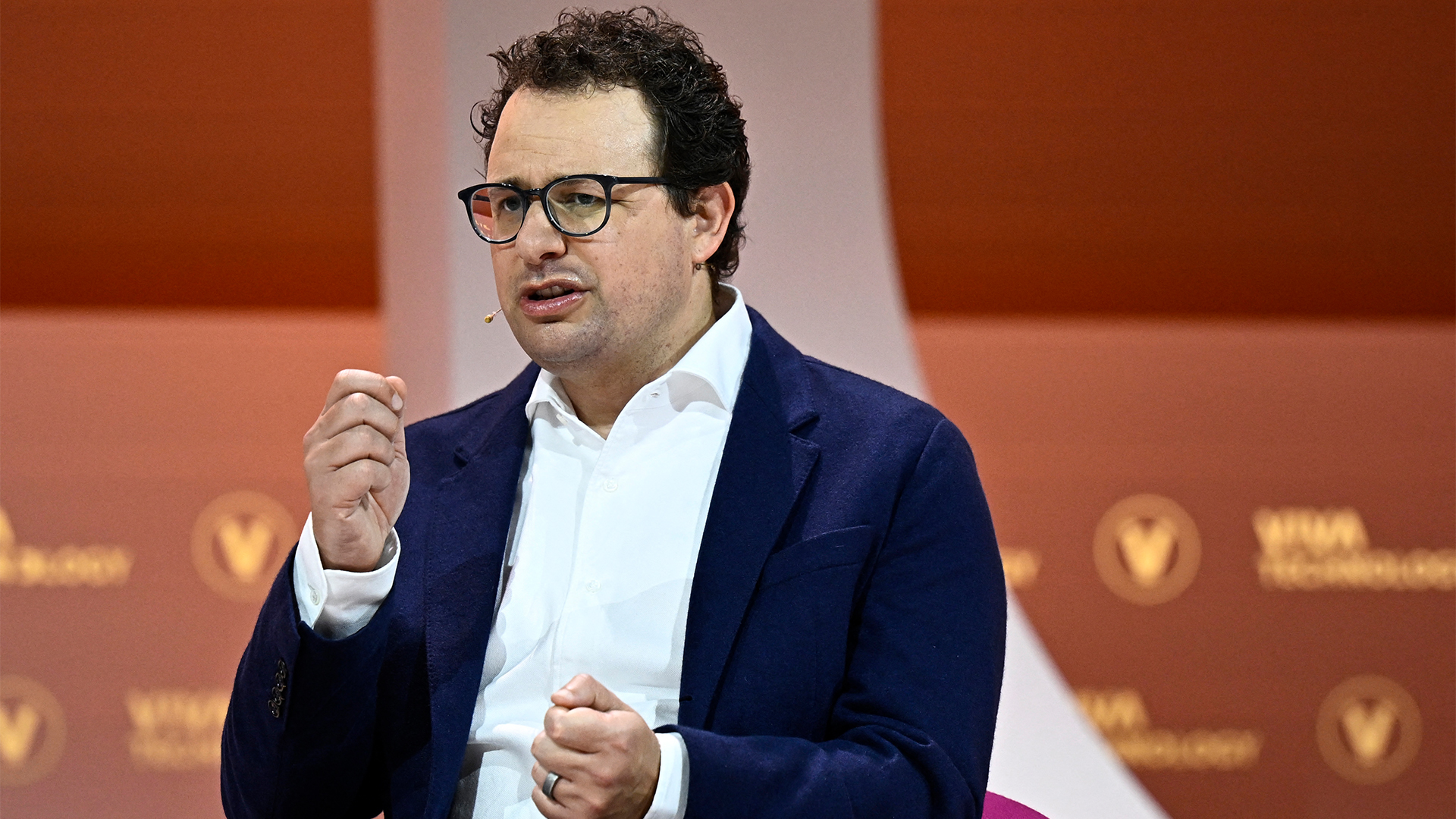
The rise of generative AI has brought great promise for enterprises, according to Anthropic CEO Dario Amodei, but this latest industry trend has also fostered a culture of pessimism around the potential dangers of the technology.
Anthropic was set up by former OpenAI staff who left - at least partially - due to concerns about the potential risks of artificial general intelligence (AGI) and the way OpenAI was operating. That has often pitted Anthropic and Amodei as being pessimists or 'doomers', he noted in a recent blog post.
But that's not the case. Instead, he argues that overcoming risks is the only way to ensure a positive future for the technology — and unsurprisingly, he clearly thinks it has a big future.
"I think that most people are underestimating just how radical the upside of AI could be, just as I think most people are underestimating how bad the risks could be," he wrote.
The lengthy blog post detailing Amodei's thoughts about powerful AI — he says he doesn't like the term AGI — and the future of AI follows a similar post by OpenAI's Sam Altman.
Intriguingly, and both essays were released at a time when the respective companies were seeking funding. This could be coincidence, of course, but if not it suggests AI companies are keen to set out their stall and shape the debate around these technologies.
Anthropic acknowledges the downsides
So why does Amodei sometimes come across as a bit pessimistic? He suggests it's because he naturally avoids "grandiosity", hoping to avoid the baggage of sci-fi with over the top claims that can be off-putting to some people,
Sign up today and you will receive a free copy of our Future Focus 2025 report - the leading guidance on AI, cybersecurity and other IT challenges as per 700+ senior executives
Notably, he suggests this is also an attempt to avoid the perception of propaganda. A plethora of enterprises globally have spent the last two years promoting the benefits of AI, but these firms do have a vested interest in this.
"AI companies talking about all the amazing benefits of AI can come off like propagandists, or as if they’re attempting to distract from downsides," he said.
RELATED WHITEPAPER
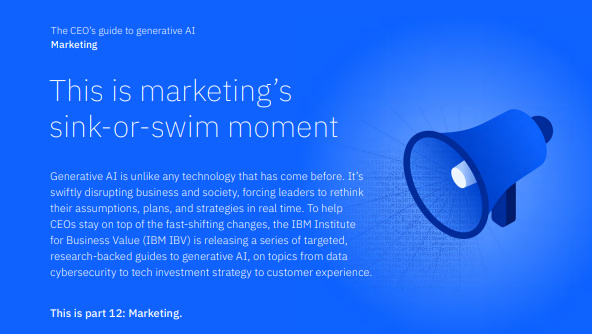
Despite those concerns, Amodei listed the various ways AI could truly benefit society, too.
"Fear is one kind of motivator, but it’s not enough: we need hope as well,” he said.
What should we hope AI can help with? Amodei said the potential list of positive applications for AI is "extremely long" but focused on five areas that could offer the most benefit to quality of life for humans:
- Biology/physical health
- Neuroscience/mental health
- Economic development and poverty
- Peace and governance
- Work and meaning
“My basic prediction is that AI-enabled biology and medicine will allow us to compress the progress that human biologists would have achieved over the next 50-100 years into 5-10 years."
To achieve the serious gains in those areas, we need "powerful AI" — not necessarily AGI that is "smarter than a Nobel Prize winner" across multiple fields, but one that can complete tasks and easily interface with humans, Amodei said.
"We could summarize this as a “country of geniuses in a data center," he suggests.
The Anthropic chief executive admitted that some people believe powerful AI may never be built, but argues it'll happen within the next five to 10 years.
"I’ve tried to lay out a vision of a world that is both plausible if everything goes right with AI, and much better than the world today."
But — back to the risks — he warns that companies and everyone else will need to "do their part both to prevent risks and to realize the benefits."
More from ITPro
Freelance journalist Nicole Kobie first started writing for ITPro in 2007, with bylines in New Scientist, Wired, PC Pro and many more.
Nicole the author of a book about the history of technology, The Long History of the Future.
-
 Hackers are using LLMs to generate malicious JavaScript in real time
Hackers are using LLMs to generate malicious JavaScript in real timeNews Defenders advised to use runtime behavioral analysis to detect and block malicious activity at the point of execution, directly within the browser
-
 Developers in India are "catching up fast" on AI-generated coding
Developers in India are "catching up fast" on AI-generated codingNews Developers in the United States are leading the world in AI coding practices, at least for now
-
 DeepSeek rocked Silicon Valley in January 2025 – one year on it looks set to shake things up again with a powerful new model release
DeepSeek rocked Silicon Valley in January 2025 – one year on it looks set to shake things up again with a powerful new model releaseAnalysis The Chinese AI company sent Silicon Valley into meltdown last year and it could rock the boat again with an upcoming model
-
 OpenAI says prompt injection attacks are a serious threat for AI browsers – and it’s a problem that’s ‘unlikely to ever be fully solved'
OpenAI says prompt injection attacks are a serious threat for AI browsers – and it’s a problem that’s ‘unlikely to ever be fully solved'News OpenAI details efforts to protect ChatGPT Atlas against prompt injection attacks
-
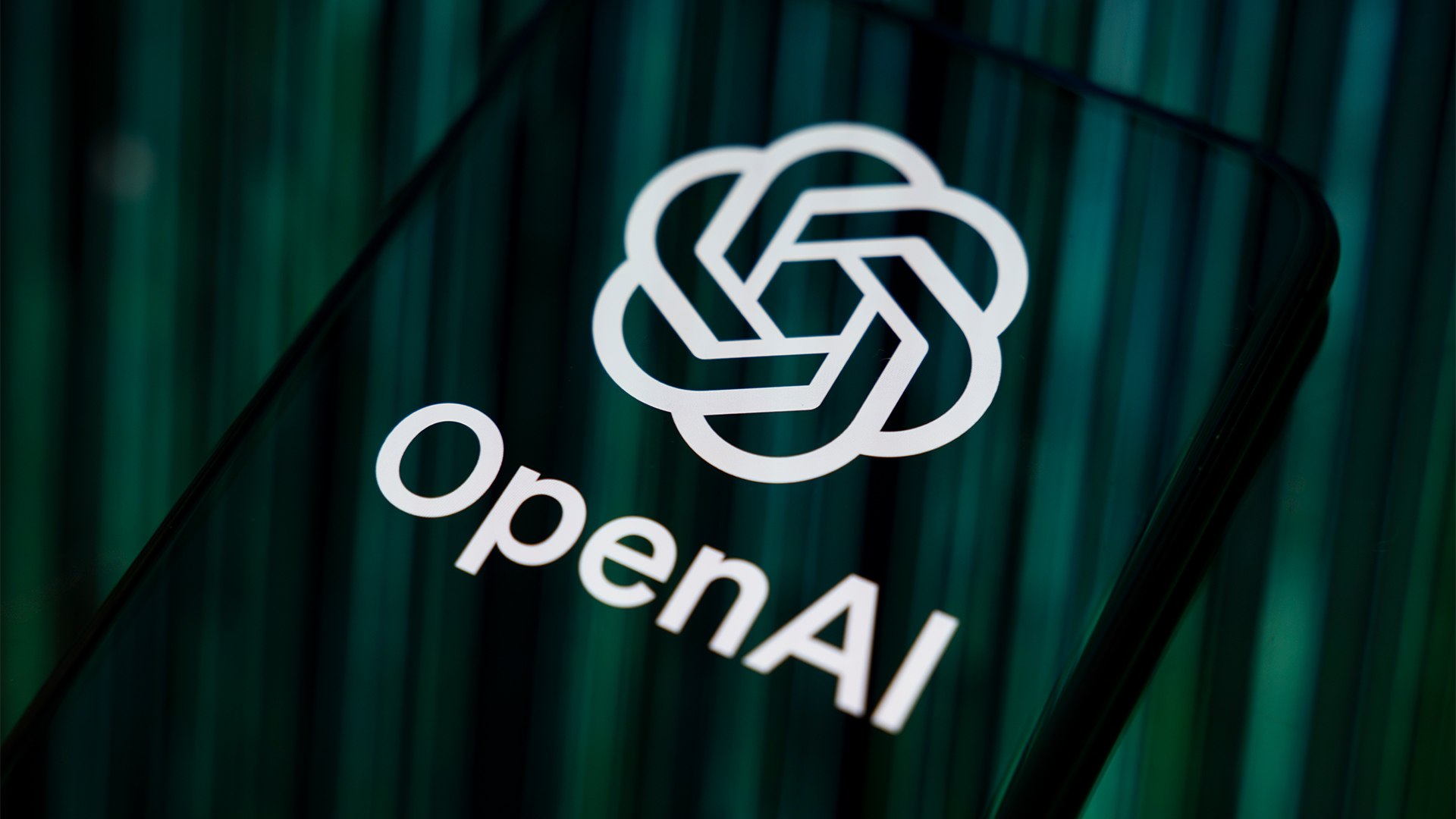 OpenAI says GPT-5.2-Codex is its ‘most advanced agentic coding model yet’ – here’s what developers and cyber teams can expect
OpenAI says GPT-5.2-Codex is its ‘most advanced agentic coding model yet’ – here’s what developers and cyber teams can expectNews GPT-5.2 Codex is available immediately for paid ChatGPT users and API access will be rolled out in “coming weeks”
-
 OpenAI turns to red teamers to prevent malicious ChatGPT use as company warns future models could pose 'high' security risk
OpenAI turns to red teamers to prevent malicious ChatGPT use as company warns future models could pose 'high' security riskNews The ChatGPT maker wants to keep defenders ahead of attackers when it comes to AI security tools
-
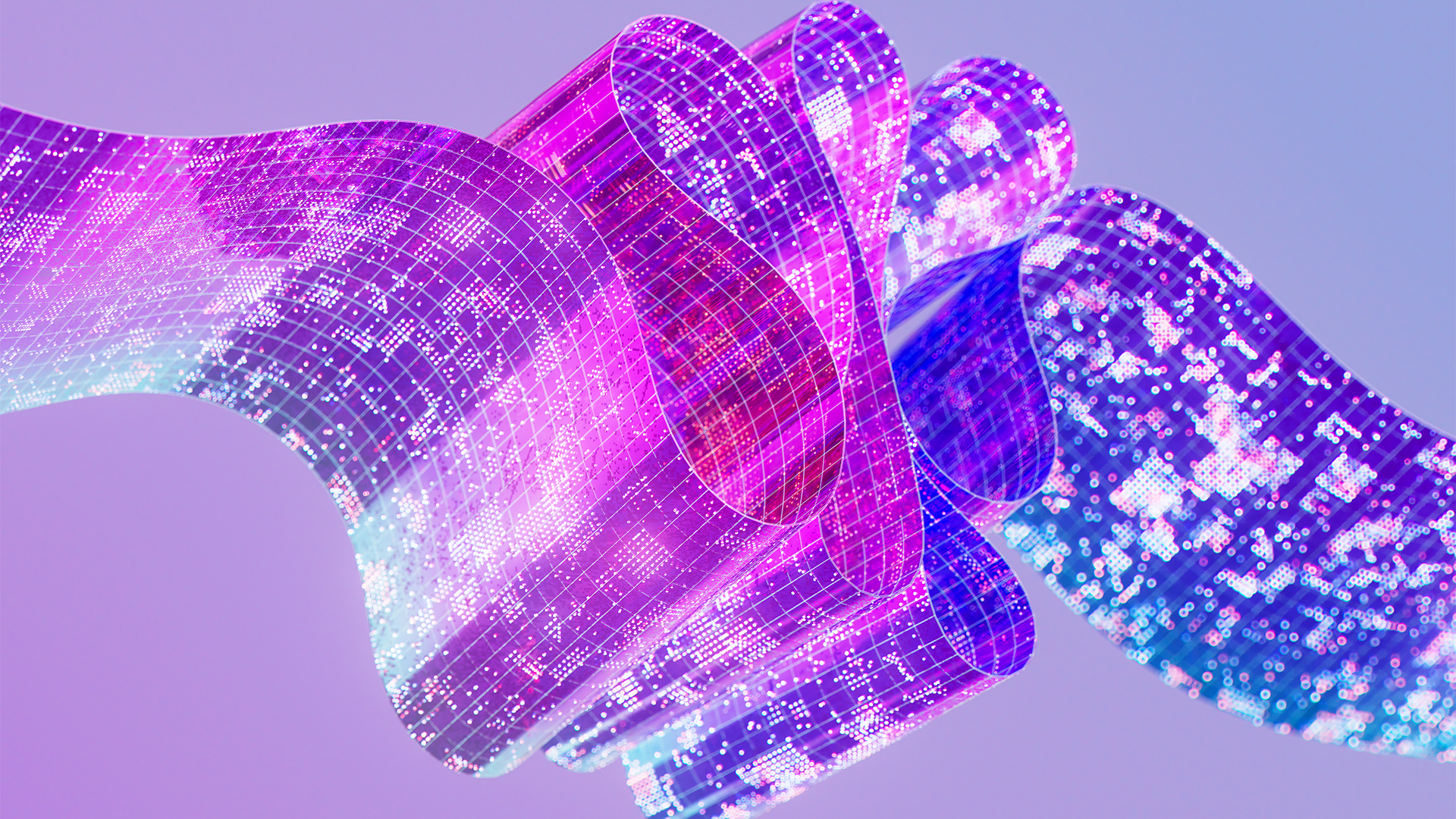 Some of the most popular open weight AI models show ‘profound susceptibility’ to jailbreak techniques
Some of the most popular open weight AI models show ‘profound susceptibility’ to jailbreak techniquesNews Open weight AI models from Meta, OpenAI, Google, and Mistral all showed serious flaws
-
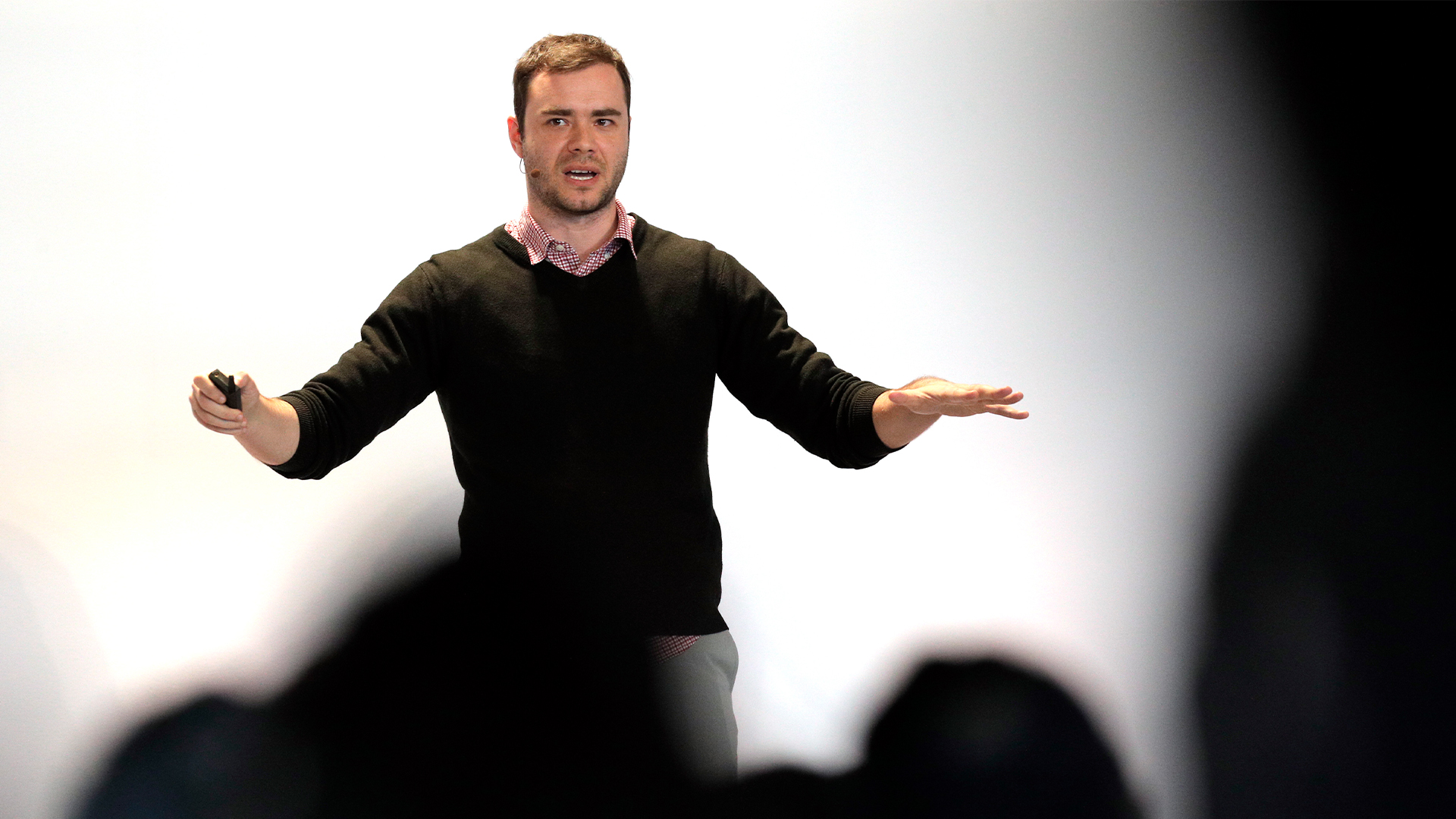 'It's slop': OpenAI co-founder Andrej Karpathy pours cold water on agentic AI hype – so your jobs are safe, at least for now
'It's slop': OpenAI co-founder Andrej Karpathy pours cold water on agentic AI hype – so your jobs are safe, at least for nowNews Despite the hype surrounding agentic AI, OpenAI co-founder Andrej Karpathy isn't convinced and says there's still a long way to go until the tech delivers real benefits.
-
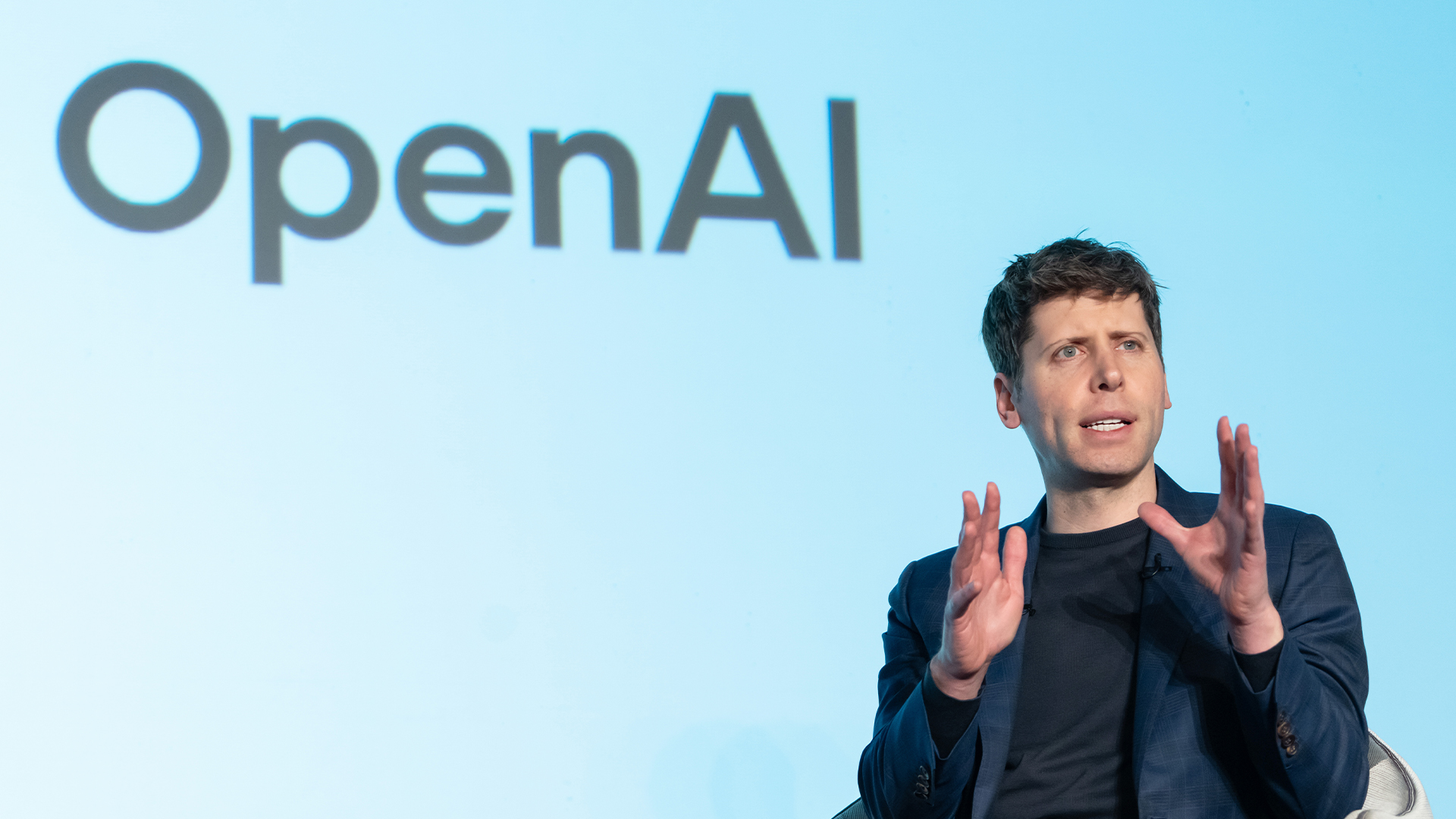 OpenAI signs another chip deal, this time with AMD
OpenAI signs another chip deal, this time with AMDnews AMD deal is worth billions, and follows a similar partnership with Nvidia last month
-
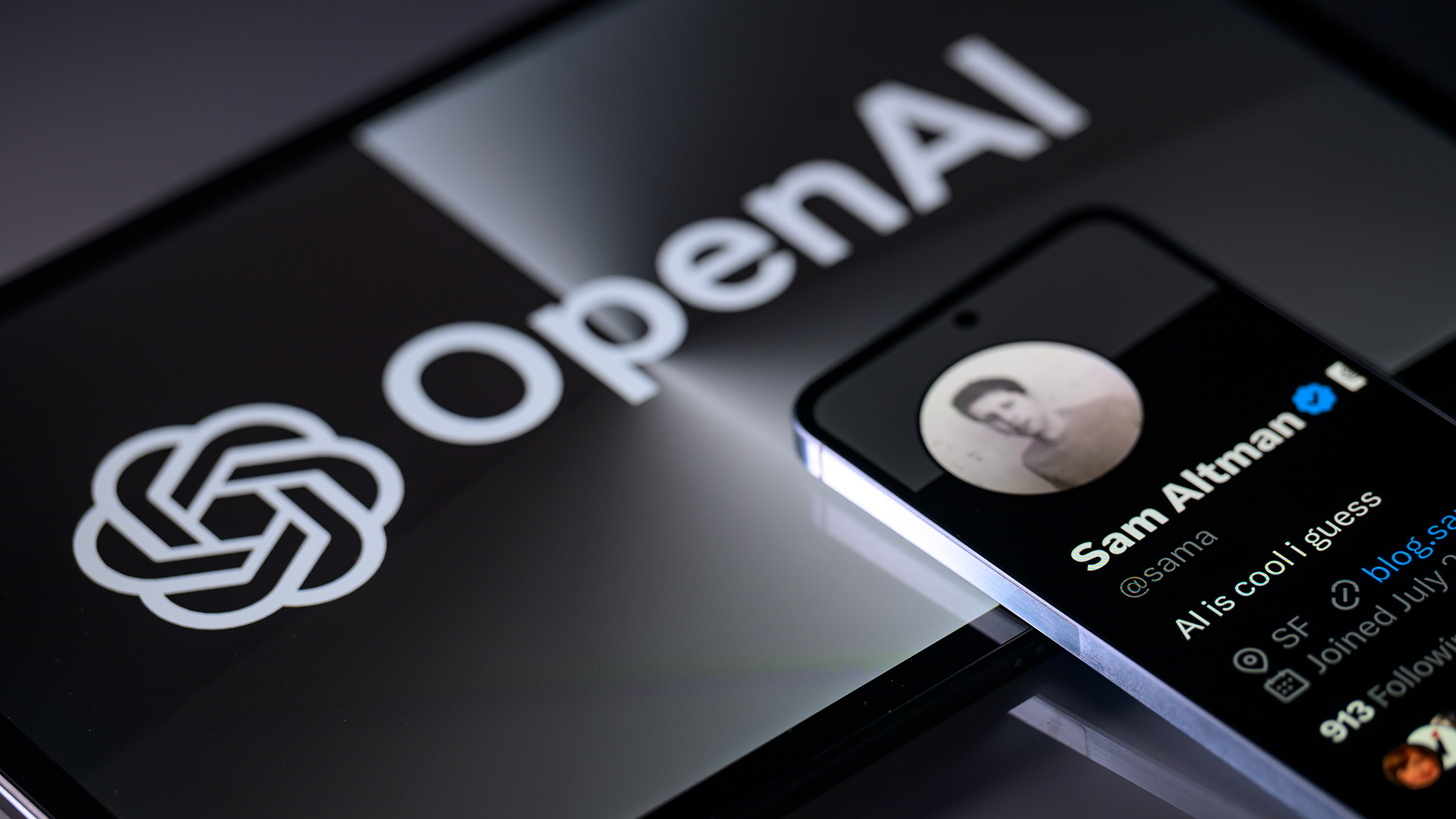 OpenAI signs series of AI data center deals with Samsung
OpenAI signs series of AI data center deals with SamsungNews As part of its Stargate initiative, the firm plans to ramp up its chip purchases and build new data centers in Korea
